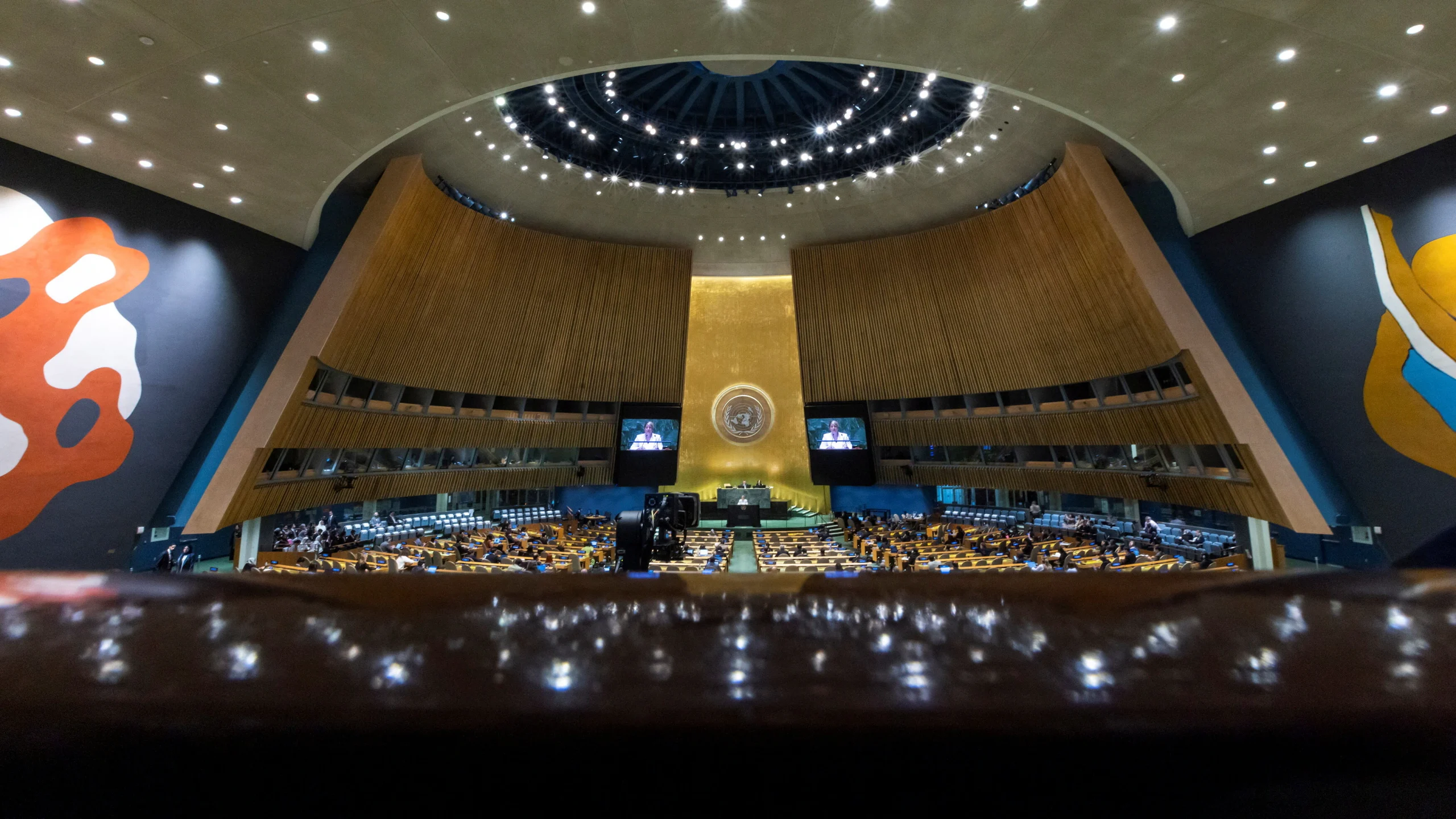The year 2025 has ushered in a political landscape unlike anything seen in decades. From superpower rivalries to regional alliances and domestic upheavals, the global order is undergoing transformations that will shape the future of nations and their people. The balance of power is shifting as emerging economies challenge established ones, new political movements reshape democracies, and global institutions struggle to adapt to rapidly changing realities. This new era of politics is defined by uncertainty, but it is also an opportunity for innovation, cooperation, and reform.
One of the defining features of global politics in 2025 is the rivalry between the United States and China. Both nations remain at the forefront of global influence, competing not only in military and economic spheres but also in technological and ideological domains. While the U.S. emphasizes its democratic values and global alliances, China continues to promote its model of state-led development and growing international outreach through initiatives like the Belt and Road. This competition has divided nations into spheres of influence, creating a new Cold War dynamic that affects trade, security, and even cultural exchanges.
At the same time, the European Union is facing both challenges and opportunities. After years of internal debates over sovereignty, immigration, and economic policy, the EU in 2025 is working to strengthen unity while confronting external pressures. The war in Ukraine and tensions in Eastern Europe have reshaped Europe’s security posture, leading to greater investment in defense and closer alignment with NATO. Meanwhile, the EU is also pushing forward with ambitious climate policies and digital regulations, seeking to position itself as a leader in sustainability and technological ethics.
The Middle East continues to be a focal point of political attention. Conflicts, energy resources, and shifting alliances define the region’s role in global affairs. The normalization of relations between Israel and several Arab states has opened new diplomatic pathways, yet tensions with Iran remain unresolved. Meanwhile, Gulf nations like Saudi Arabia and the UAE are diversifying their economies, using political and financial influence to carve out greater global roles. These shifts are creating a more multipolar Middle East that extends its impact far beyond the region.
Africa, often overlooked in global political discussions, is becoming increasingly significant. Rapid population growth, resource potential, and technological adoption are placing African nations at the center of future global strategies. Countries like Nigeria, Kenya, and South Africa are rising players in technology and diplomacy, while regional organizations work to strengthen cooperation and address persistent challenges such as poverty, conflict, and climate change. The continent’s trajectory in the coming years will have profound implications for global stability and economic growth.
Domestic politics within countries are also changing. In the United States, debates over voting rights, immigration, and economic inequality remain at the forefront. The 2024 elections brought new faces and movements into power, reflecting a society divided along ideological and cultural lines. Populist movements are not limited to America; Europe, Latin America, and Asia are also experiencing political figures who challenge traditional elites and institutions, promising to return power to the people but often polarizing societies further.
Technology is deeply intertwined with politics in 2025. Social media platforms and digital communication tools have transformed how leaders connect with citizens, but they have also fueled misinformation and political manipulation. Governments are increasingly regulating digital platforms to prevent foreign interference and safeguard democratic processes. At the same time, advanced technologies like artificial intelligence are being used to analyze voter behavior, manage campaigns, and even craft policy. The intersection of politics and technology has created new ethical and governance challenges that demand urgent attention.
Climate change is another political battleground. Nations are under pressure to deliver on promises of reducing emissions and transitioning to renewable energy. Political will varies across countries, with some investing heavily in green initiatives while others struggle to balance environmental goals with economic realities. The politics of climate change extend beyond borders, as rising sea levels, extreme weather events, and resource shortages spark disputes over migration, security, and international aid. The environment has become not just a scientific or economic issue but one of the defining political challenges of our time.
Global institutions like the United Nations, World Trade Organization, and International Monetary Fund are facing questions about their relevance and effectiveness. These organizations were created in a different era and are struggling to adapt to the fast-paced, multipolar world of 2025. Calls for reform are growing louder, with critics arguing that these institutions are too slow, too bureaucratic, and too dominated by powerful nations. Reforming global governance may be one of the most critical political tasks of the coming decade.
Despite rising tensions, there are also examples of progress in diplomacy and cooperation. Multilateral agreements on climate, health, and technology are showing that global challenges can be addressed through collaboration. Peace agreements in regions once plagued by conflict and the growing recognition of women and youth in political leadership are signs of hope. Politics in 2025 is not just about conflict and rivalry but also about the potential to create a more inclusive, cooperative, and forward-looking world.
FAQs
What is the biggest political rivalry in 2025?
The U.S.-China rivalry dominates global politics, influencing trade, security, technology, and alliances.
How is Europe adapting to new challenges?
The European Union is investing in defense, climate leadership, and digital regulations while working to strengthen internal unity.
What role does technology play in politics today?
Technology shapes campaigns, communication, and policy-making but also fuels concerns about misinformation and digital governance.
Why is Africa gaining political importance?
Africa’s population growth, resources, and technological potential make it central to global strategies for the future.
How is climate change affecting politics?
Climate change is driving disputes over migration, security, and energy policies, making it a central issue in both domestic and international politics.
Conclusion
Global politics in 2025 reflects a world in transition, where power is shifting, alliances are evolving, and challenges are increasingly interconnected. Rivalries between superpowers, domestic upheavals, and the growing influence of regions like Africa and the Middle East define this new era. Technology and climate change are reshaping political agendas, while global institutions face calls for reform.
Despite uncertainties and divisions, opportunities for cooperation remain. The choices that leaders and citizens make today will shape not only the immediate future but also the stability and prosperity of generations to come. Politics in 2025 is complex, unpredictable, and deeply consequential, reminding us that the governance of nations is as much about vision and responsibility as it is about power and competition.






